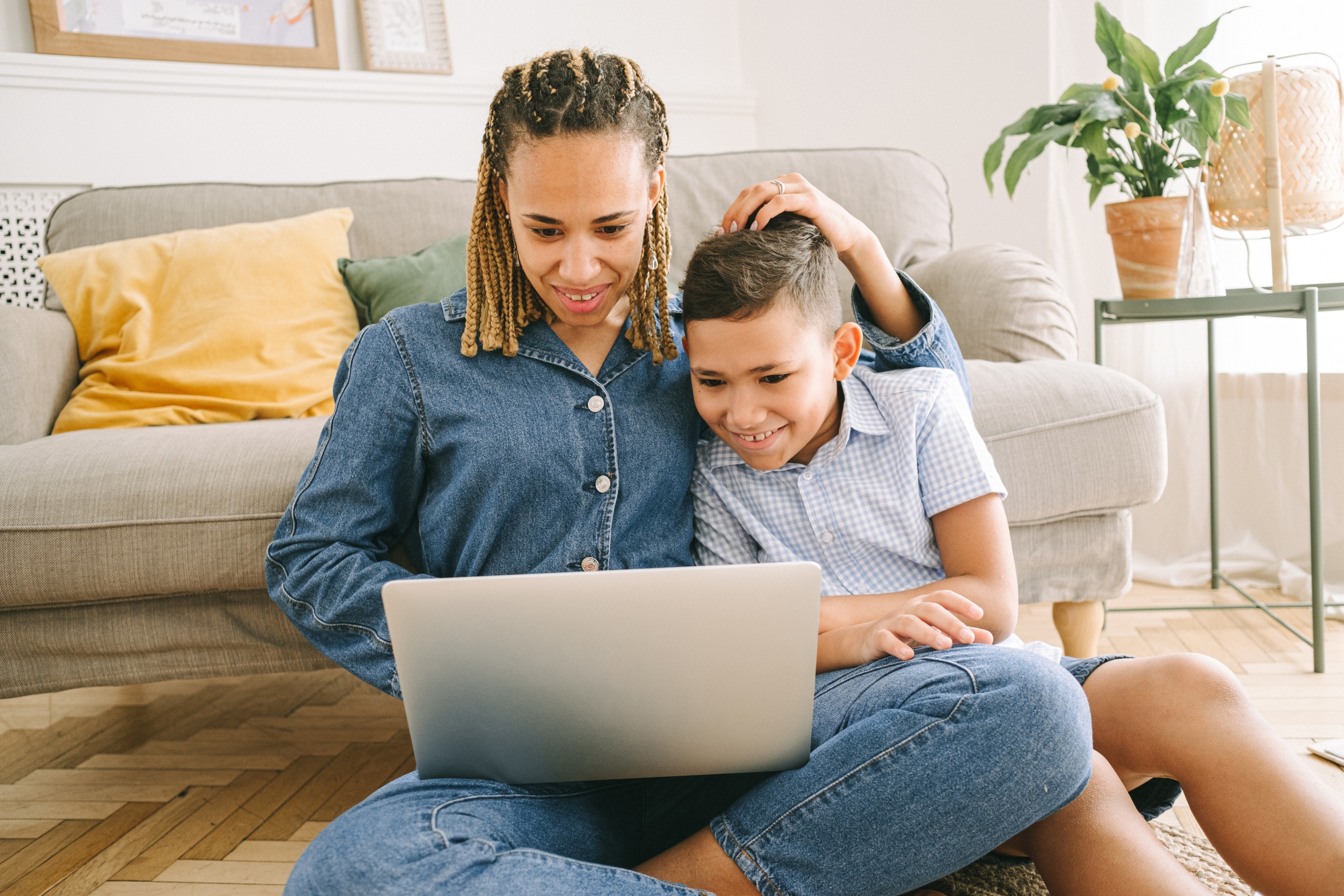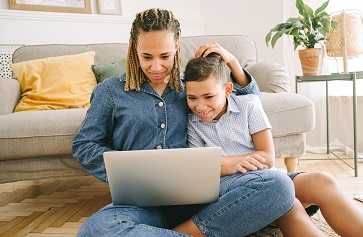Kindness is contagious and these videos can help kids catch the altruism bug
UCLA researchers create video playlist for YouTube Kids’ anti-bullying programming

Ivan Samkov/Pexels
Holly Ober | September 29, 2022
Key takeaways:
• UCLA researchers created a video playlist that aims to get kids to spread kindness.
• The videos are based on Bedari Kindness Institute research that shows kindness is contagious.
Some UCLA researchers think a simple, two-word message can help kids knock bullying off its feet: Be kind. The Center for Scholars & Storytellers, the Bedari Kindness Institute and the UCLA School of Theater, Film and Television are partnering with YouTube Kids on a series of videos that promote kind, caring behavior in everyday situations. The series is part of YouTube Kids anti-bullying programming scheduled for October, which is National Bullying Prevention Awareness Month.
“We think kindness is the best antidote to bullying, and we believe that kindness is contagious,” said Daniel Fessler, director of the Bedari Kindness Institute and associate professor of anthropology. “The collection, which is hosted by actress Tabitha Brown, is anchored by two short animated films showing people doing good things, such as helping a stranger. These are followed by selfie videos from kids who describe witnessing someone engaging in an act of kindness, or acting kindly themselves. We hope to motivate viewers to also behave kindly.”
The videos are based on Bedari Kindness Institute research that shows people often feel motivated to help others after watching a video of someone else behaving altruistically. The uplifting feeling people experience when witnessing the morally praiseworthy actions of others, which scientists call “elevation,” is known to increase an inclination toward performing positive actions. The researchers have shown in experiments that elevation can be reliably induced through exposure to prosocial behaviors.
The collection takes a different tack than many other campaigns promoting kindness, which typically prescribe behaviors thought to promote kindness.
“Many efforts to promote kindness tell kids they should be nice, or remind them how bad it feels when someone does something unkind, but we’re skeptical those efforts have an immediate impact on behavior,” Fessler said. “In my lab, we’ve worked on contagious kindness and have found that when adults witness someone engaging in prosocial behavior, many of them are inspired to be prosocial themselves. We think this applies to children, too.”
The Center for Scholars & Storytellers
The videos follow up on a 2020 collaboration between the Center for Scholars & Storytellers and YouTube Kids, in collaboration with the UCLA School of Theater, Film and Television, Allies for Every Child and the Pritzker Center for Strengthening Families, that curated a playlist of selfie videos from former foster youth talking about their various identities. That playlist currently has around 40 million views.
Psychologist Yalda Uhls, who founded and directs the Center for Scholars & Storytellers, led the previous effort and identified the opportunity for another collaboration.
“When YouTube told us that in October they usually program content around bullying for younger children, we knew the Bedari Kindness Institute would be the perfect partner to create the messaging for this project,” said Uhls, who is an assistant adjunct professor of psychology.
Screenwriter and director George Huang, a professor of film, theater and television, helped produce the videos.
“Professor Fessler and the Bedari Kindness Institute’s work is phenomenal, and it’s a privilege to be creating content with the Center for Scholars and Storytellers that shares their work with a young audience,” Huang said. “With the help of Stacey Freeman and psychology doctoral student Ellyn Pueschel, we’ve created a playlist that will inspire, entertain and spread the word about kindness.”
In one of the animated shorts, strangers who are the recipients of kind acts “pay it forward” to other strangers. In the other animated short, an altruistic individual is eventually rewarded with kindness by two children who watched as she selflessly helped others.
Giving parents the tools
To accompany the videos, Stacey Freeman, executive director of the Bedari Kindness Institute, is developing a parent resource guide. She also recruited kids ages 6-12 to create selfie-style videos as a relatable way for kids to see other kids talking about the importance of kindness. Both the parent resource guide and the selfie videos help to amplify the kindness messages in the playlist while also helping parents guide their children toward kindness in their everyday interactions.
“At the Bedari Kindness Institute, we’re a scholarly organization that seeks to translate research and knowledge into real world applications,” Freeman said. “So we were excited when Yalda approached us with this opportunity because we think that research on kindness can inform the use of video content to help kids become a positive force in the world.”
Fessler and Uhls said the playlist is intended to be a safe place to which parents can direct their kids and watch with them. Parents will also have access to a resource guide to help them guide their children toward kindness in everyday interactions with others.
“The content will be inspiring and uplifting so parents don’t have to worry what kids are consuming,” Uhls said. “We’re trying to be a positive force.”
This article originally appeared in the UCLA Newsroom. For more news and updates from the UCLA College, visit college.ucla.edu/news.




